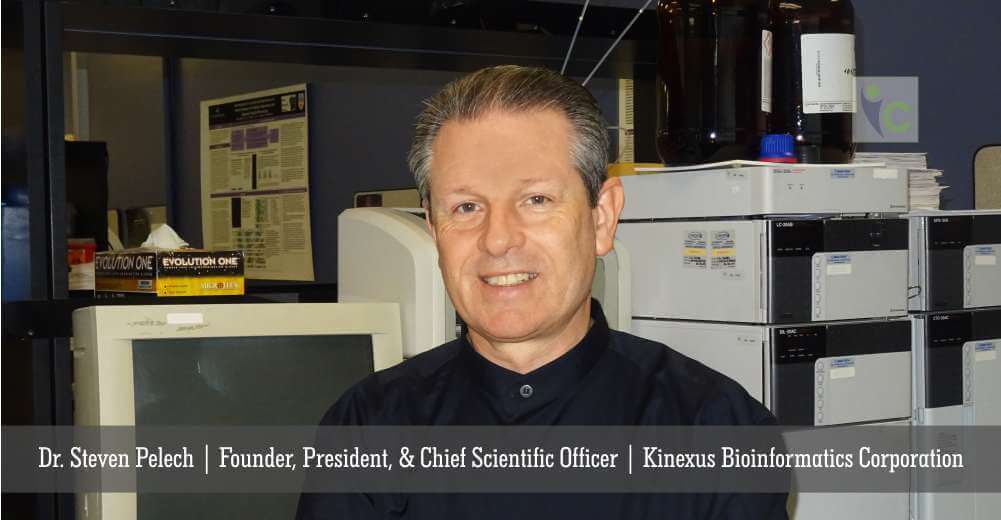In the UK, the NHS is the backbone of our healthcare system – a place we know care will be provided independent of wealth. When health information enters the equation, the IT systems that have been put in place are focussed on the system rather than what patients and health professionals need – relevant information at the point of care to improve care outcomes and make informed healthcare decisions.
Today we are more than familiar with IT systems being there to help keep us informed – the parcel that arrives from online shopping, the carrier knows exactly where it is, and shares that information with us. In healthcare, it’s still a very different story – our doctors are reliant on letters sent through the post to keep information and we can wait weeks to know our results. The medicines we take and the notes about our health are stored in multiple systems that often mean we must tell our healthcare professionals what’s wrong rather than them already knowing. It’s estimated that in 2000, 70% of errors in hospitals are caused by not having record at the point of care, and this hasn’t really changed.
Centralised standards rather than person-centred standards have failed repeatedly
The National Programme for IT “NpfIT” started in 2002 with a budget of £6.5bn. By 2012 it was estimated that up to £40bn was spent and the programme is now seen as the biggest IT project failure ever. The objective of the project was to build software under the direction of the NHS with 5 IT integrators. There was a published ambition to stop using IT solutions from the open market. The NHS IT market has still not recovered, and investment markets are now wary about investing in IT if the NHS is the customer.
The NHS is not one organisation. It is thousands of different legal entities. Each organisation including every GP practice is responsible independently for its own information governance. Even if there was a central plan that could work it is highly unlikely that every Trust in the NHS would decide to adopt it. Unless people are asked explicitly under GDPR for permission to share their data it is not possible to do it. If however people had copies of their health records stored and ready to share they could offer immediate permission themselves.
People powered health – IT systems should place the person at the heart of design
Whilst it has been clear that the national IT programmes over the years did not listen to the clinical users it is even more clear that they did not deliver what the people they serve want. Over the last 20 years many successful commercial IT initiatives were driven by serving the suppliers of services even if the NHS failed in this way. This is why when we compare the IT we use to shop online with receiving letters from the NHS though the post we are frustrated and disappointed.
Newer ways of working which have delivered companies like Airbnb focus not on the supplier of the service but their customer. They have a ruthless desire to deliver what we all want from their services. This allows completely new ways of working to be adopted and improves our lives. I would argue the NHS needs to think this way.
If we were to improve the booking of trains by focussing on the ticket office we would increase the number of staff and give them better computers. The Trainline app means we don’t need a ticket office to book a train. Apply this to the NHS and we could see a world where there are no server rooms and everything is cloud based. Without this drive there will always be a need for the organisation to buy better computers and employ more staff.
What needs to change?
The latest NHS IT policy states that projects should be focussed on the user need, so it seems that lessons are starting to be learned. I believe we also need to consider the following:
- Stop all hand-written health records within two years including notes and any personal information
- Make all health data, as it is created, available via a standard interface to any organisation the patient wishes to share it with and offer a copy for their personal health record so that they can share it as and when needed
- Halt the delivery of the NHS App (technology which is already available and proven) and instead provide an integration layer for all app providers
Health information should be owned and controlled by us
Most people don’t get care just from the NHS; social services provide care and often use different systems, and most of us travel and receive private healthcare at some point in our life. IT systems are managed separately for each country in the UK. We also get private care and we now record information ourselves from steps and weight to blood pressure.
The NHS is only one provider of health data. We all want all our health data to be available and we want to take this anywhere to be treated in England or not, private or not. This, together with the fact that not all NHS organisations have the permission to share data with each other shows that the only real way we can have a complete record is if we have a record owned and controlled by us. By doing this we can also solve the problem that the NHS has not yet got a single record for us and take information each time we use an NHS service instead. By moving towards a more personalised approach when it comes to owning and sharing health records, more accurate, up to date information will help improve care outcomes for people.
About the Author
Stephen Critchlow is founder and CEO of Evergreen Group – compromising of three brands – Evergreen Life, a personal health record app used by over half a million people in the UK; Evergreen Energy, helping individuals and businesses take control of their energy supply, and Evergreen Smart Power – an innovative energy business designed to load balance domestic energy.
Critchlow initially founded healthcare software company Ascribe in 1989, with a vision to ensure all health decisions were informed at the point of care. This business served more than 75% of UK hospitals as well as hospitals overseas. Critchlow grew the business by acquiring 9 other companies, employing 270 staff and was eventually listed on the AIM market. In 2013 Ascribe was acquired by fellow healthcare software provider EMIS Group in a sale worth an initial £57.5m. After the sale, Critchlow then went on to set up ASC Renewables, a pioneer for renewable energy which he is now in the process of scaling as the Evergreen Group.
Critchlow has also invested in other sustainable businesses and ventures that align with his vision and provides ongoing mentorship to, including SuperCarers, Open Bionics and Switchee. Critchlow was awarded Icon of the Year – North Region in the Barclays Entrepreneur Awards 2018.












